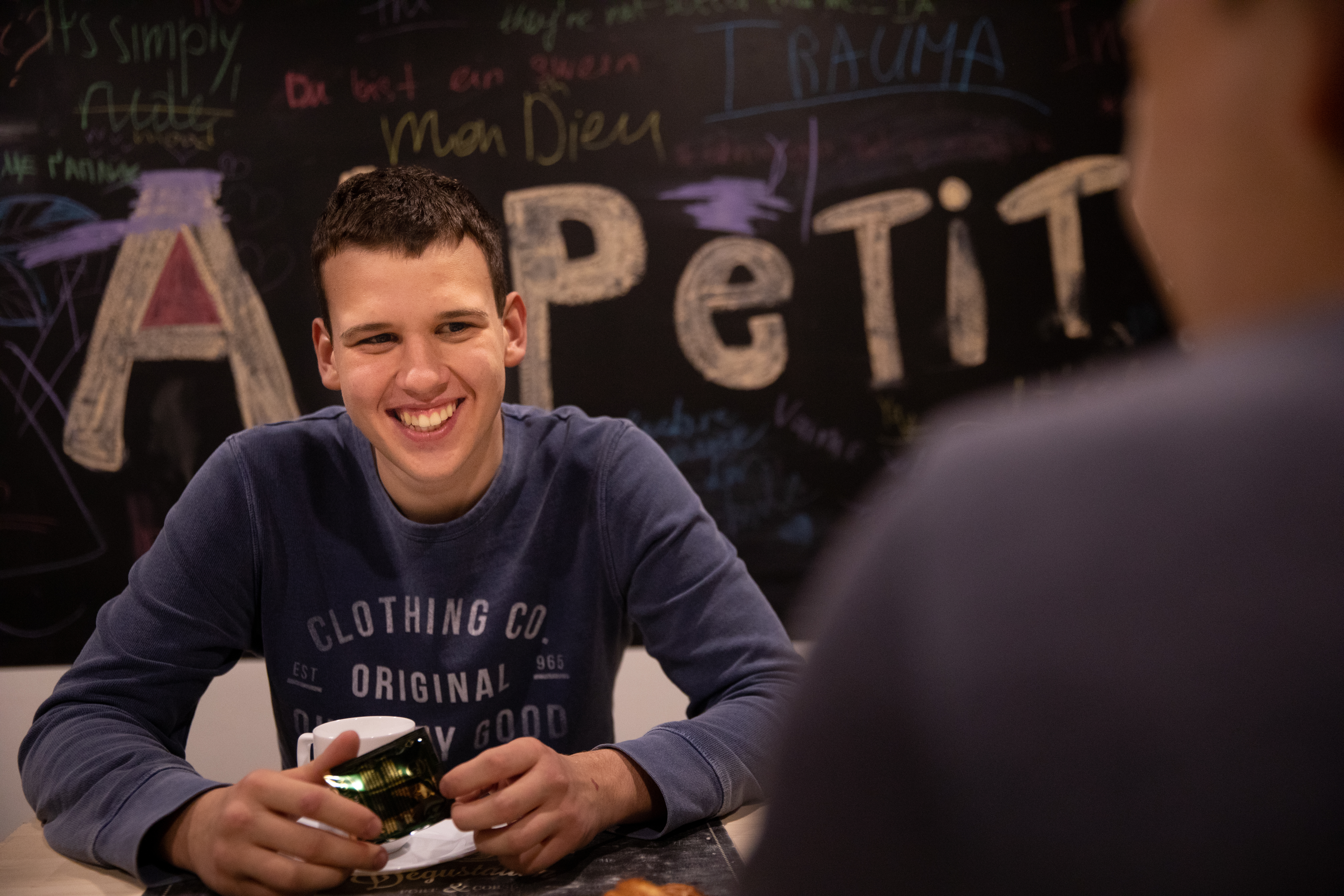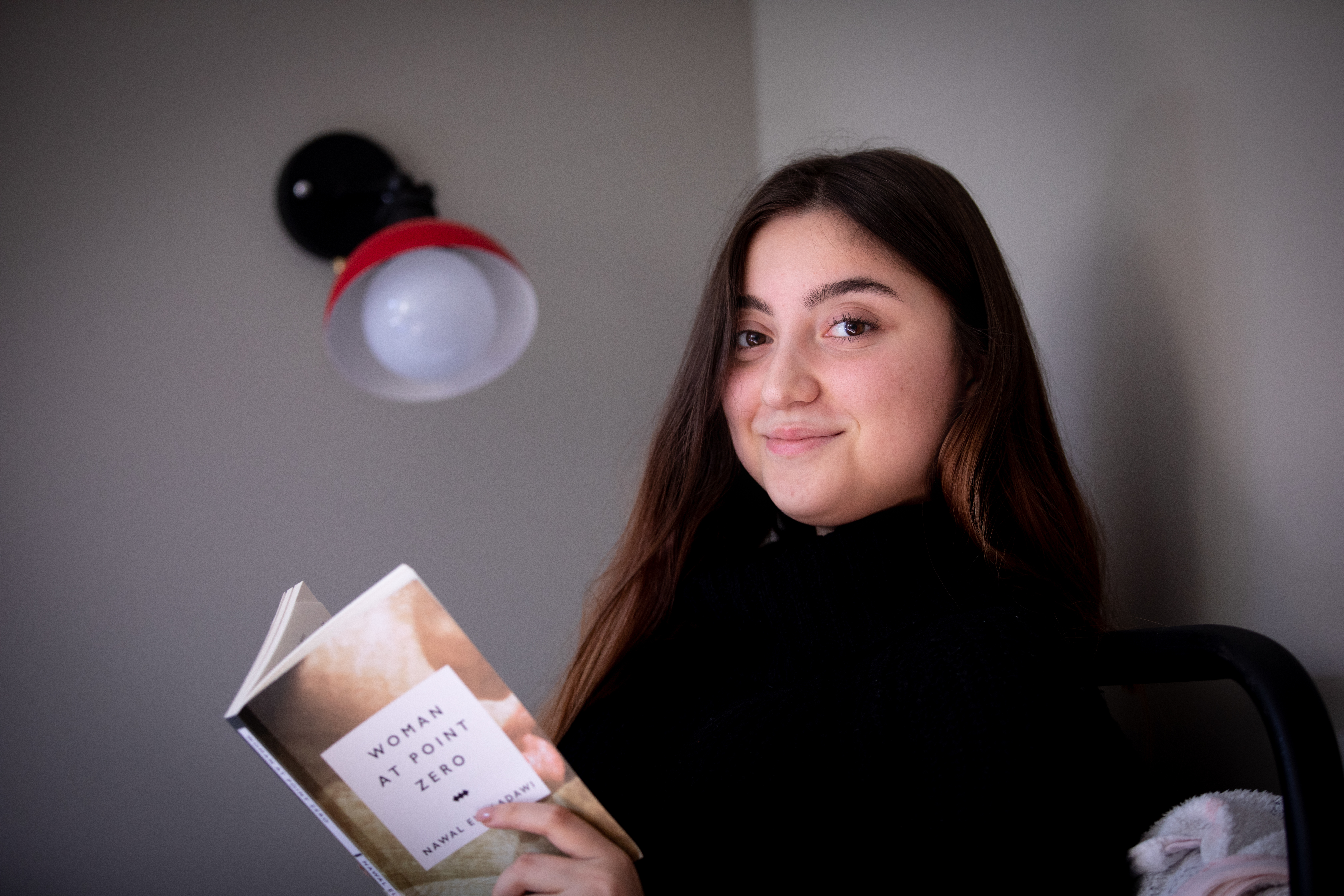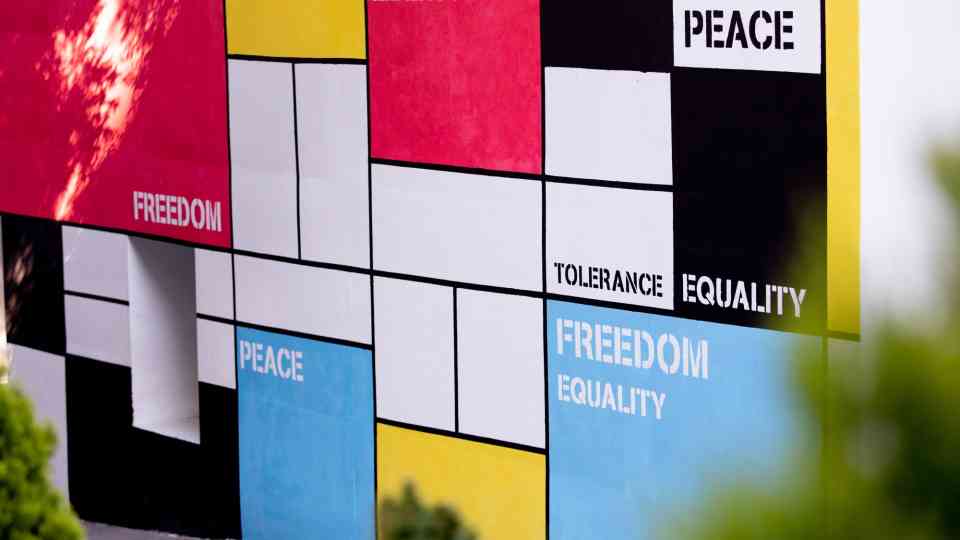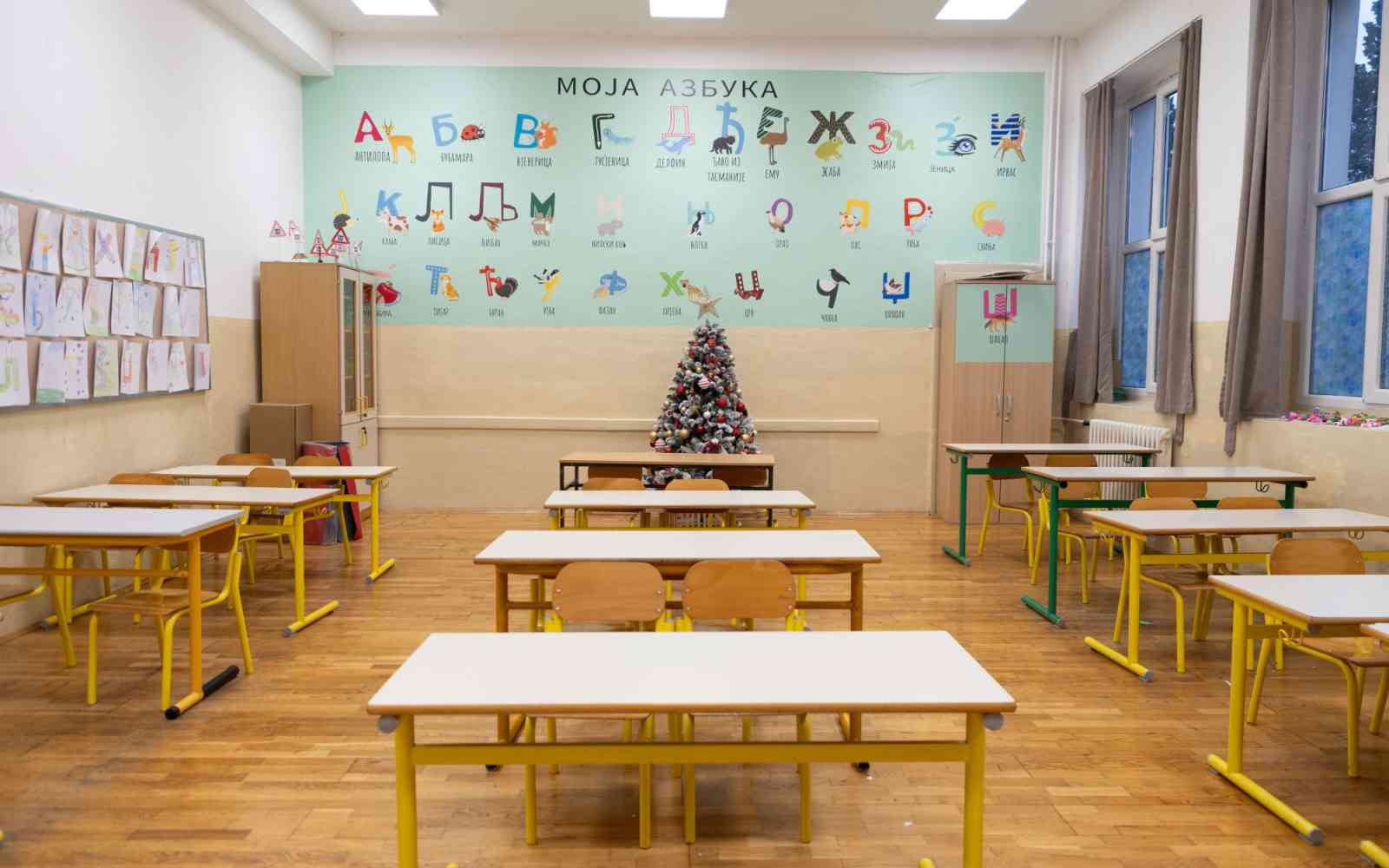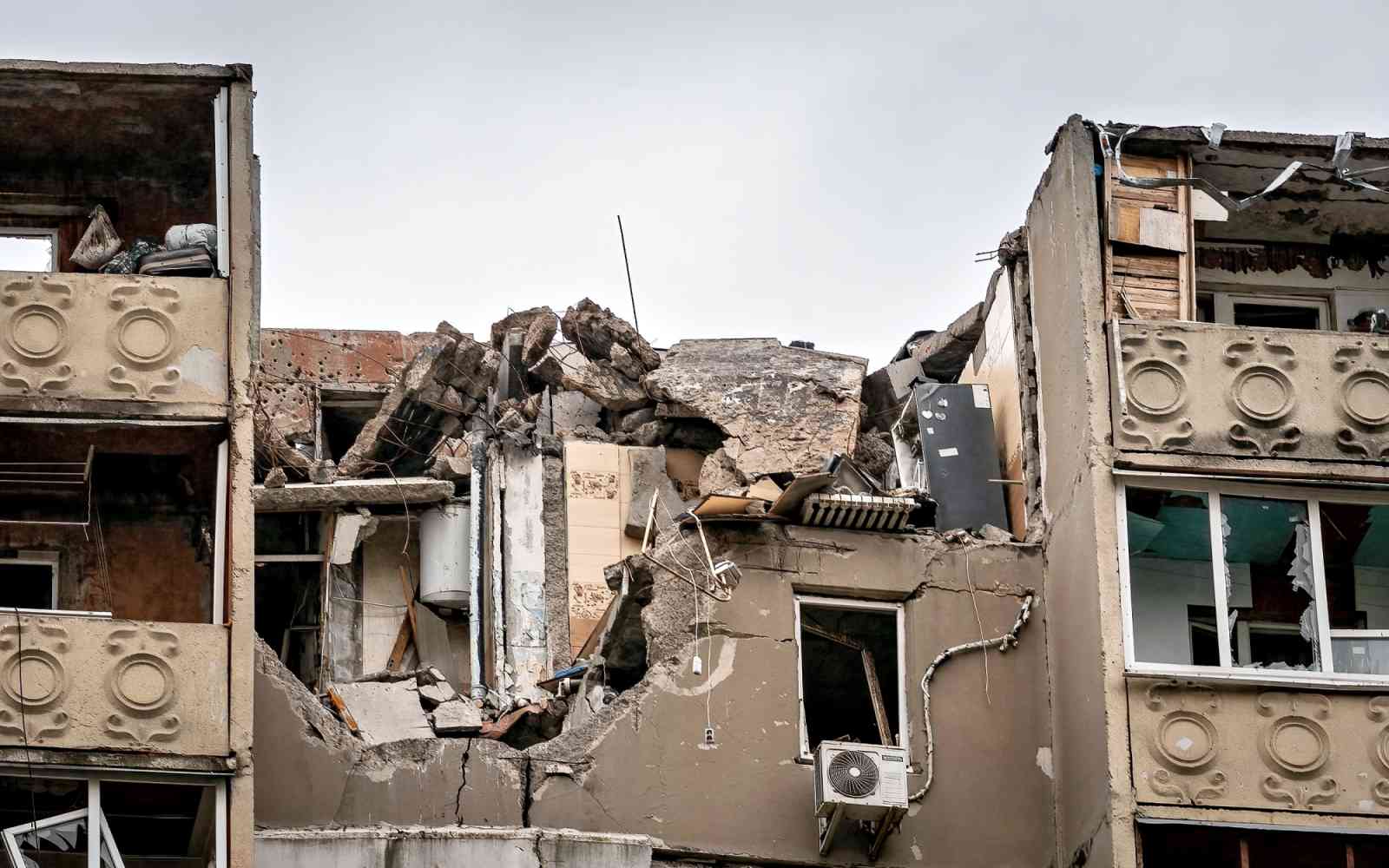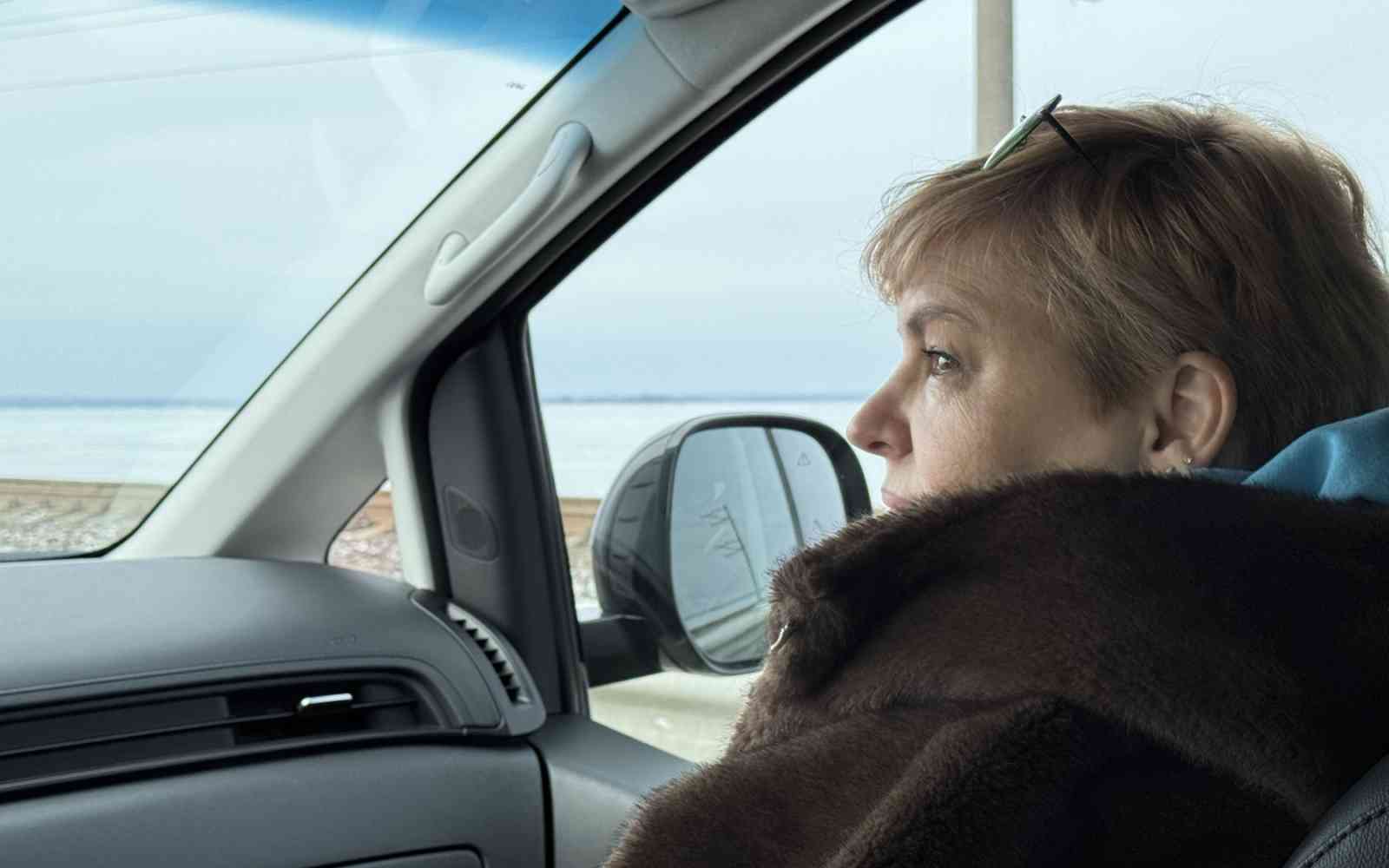The United Nations Office for Project Services (UNOPS)

Access to a quality education
Location or economic resources often limit educational opportunities. A scholarship programme is helping change that for students in the Eastern Partnership countries.
More than 20 years ago, an old textile factory in Tbilisi, Georgia sat abandoned and crumbling after years of disuse. Today, just a short drive from the capital’s buzzing city centre, it’s the home of an international school where more than 750 students from around 40 countries come together to study, learn and relax.


In this group are about 65 students from the Eastern Partnership European School Scholarship Programme. Funded by the European Union (EU) and administered by UNOPS, the scholarship programme gives bright, motivated students from Armenia, Azerbaijan, Belarus, Georgia, Moldova and Ukraine – many of whom wouldn’t otherwise have the opportunity – the chance to study for an International Baccalaureate Diploma Programme with a European studies focus at the New School.
Many of the students chosen for the scholarship programme are from areas with limited educational opportunities. Others come from a low-income background. Without the scholarship programme, some wouldn’t have the same access to a high-quality education – or have the opportunity to meet, study and interact with people from other countries.
Explore the interactive map to meet some of the students participating in the Eastern Partnership European School Scholarship Programme.
“We [ … ] wanted to make sure we attracted the brightest no matter where they would live, so hopefully not just in the capital cities of the countries they come from – and no matter their social background,” explains Vincent Rey, Head of Cooperation Section, Delegation of the EU to Georgia.
As a scholarship programme, one of the aims is to identify young students with great potential but who have economic challenges in order to receive a top class education.
The selection process is rigorous, with students going through several tests and interviews. The classes are taught in English, so a high level of English is also required. Out of more than 500 applicants last year, only 35 were chosen for the scholarship programme.
Stronger together
The Eastern Partnership countries have a shared history: They were all previously part of the former Soviet Union. It’s this shared history that many of the students connect over.
“The challenges among Eastern Partnership countries are more or less the same because we have the same background,” says Irina Abuladze, First Deputy Minister of Education, Science, Culture and Sport of Georgia.
That’s why it’s very important that these six countries work together, they share lessons learned, they share their knowledge and experience to contribute to the development of the whole region.
Many of the students in the scholarship programme express a desire to pursue higher education so that they can help others. And they plan on returning to their home countries to not only give back, but to help further their countries’ development.
“We are raising future leaders who will be able to bring real changes to their countries for the better,” says Marina Zhgenti, Director of the New School.
About the project
The Eastern Partnership European School Scholarship Programme provides scholarships for students from Armenia, Azerbaijan, Belarus, Georgia, Moldova and Ukraine to study for an International Baccalaureate Diploma Programme with a European studies focus at the New School in Tbilisi, Georgia.
The scholarship programme is designed and funded by the European Union and administered by UNOPS. The New School is the main educational partner for this pilot programme, hosting the scholarship recipients as they complete their studies.
UNOPS also provided technical assistance and guidance for the construction of an on-campus dorm for the scholarship recipients, as well conducted a feasibility study for the possible establishment of a European school in Georgia – with the long-term strategy of introducing quality European educational opportunities within the Eastern Partnership countries and beyond.







